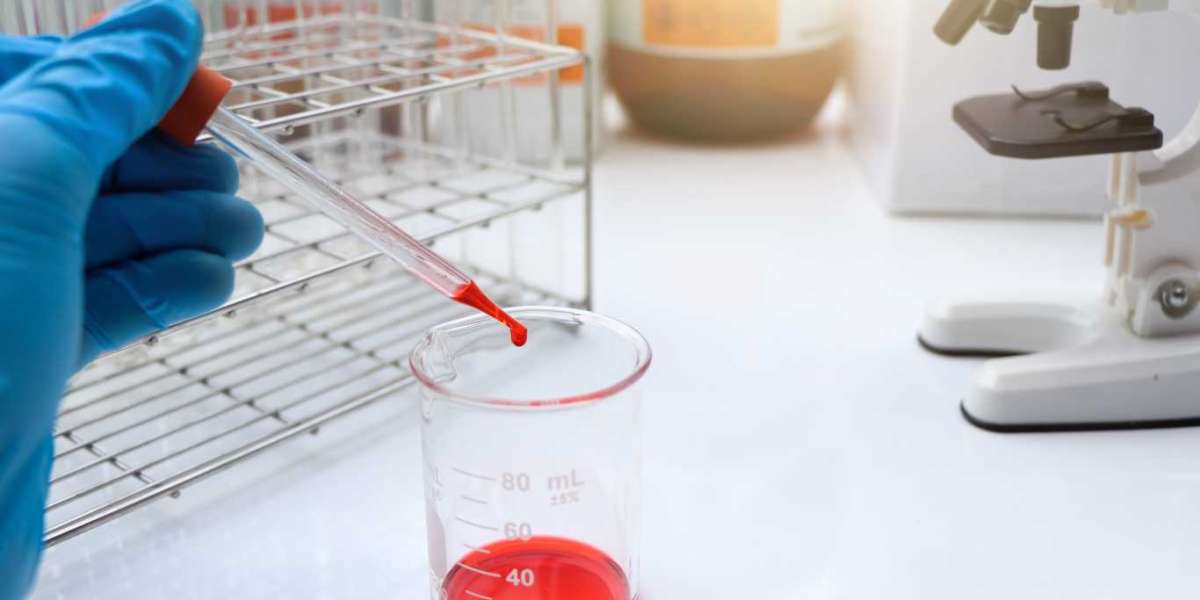Industrial chemicals play a vital role in our daily lives, often in ways we might not immediately recognize. From cleaning products to food additives, these Industrial Grade Chemicals are integral to modern living. Here’s a look at the top 10 industrial chemicals and how they are used in everyday applications.
1. Sulfuric Acid
Uses:
- Batteries: Sulfuric acid is a key component in lead-acid batteries, which are commonly used in cars.
- Fertilizers: It's widely used in the production of phosphate fertilizers, which help increase crop yields.
2. Chlorine
Uses:
- Water Treatment: Chlorine is essential for disinfecting drinking water, making it safe for consumption.
- Bleach: It's a primary ingredient in household bleach, which is used for cleaning and disinfecting.
3. Sodium Hydroxide (Caustic Soda)
Uses:
- Soap Making: Sodium hydroxide is used in the saponification process to produce soaps and detergents.
- Paper Industry: It helps in the pulping and bleaching processes in paper production.
4. Ammonia
Uses:
- Fertilizers: Ammonia is a key ingredient in many fertilizers, providing essential nitrogen for plant growth.
- Cleaning Products: It is also used in household cleaners for its ability to break down grime and grease.
5. Acetic Acid
Uses:
- Vinegar: Acetic acid is what gives vinegar its distinctive sour taste and is used in cooking and food preservation.
- Adhesives: It's used in the production of adhesives and sealants.
6. Ethanol
Uses:
- Fuel: Ethanol is commonly blended with gasoline to create a cleaner-burning fuel.
- Personal Care Products: It's used as an ingredient in hand sanitizers and various cosmetics.
7. Hydrochloric Acid
Uses:
- Cleaning Agents: Hydrochloric acid is used to clean and descale metal surfaces and remove rust.
- Food Production: It's used in the production of gelatin and other food additives.
8. Sodium Carbonate (Soda Ash)
Uses:
- Glass Manufacturing: Sodium carbonate is a key ingredient in glass production, helping to lower the melting point of silica.
- Laundry Detergents: It's used as a water softener in laundry detergents.
9. Nitric Acid
Uses:
- Fertilizers: Nitric acid is used to produce ammonium nitrate, a common fertilizer.
- Explosives: It's a component in the manufacturing of explosives like TNT.
10. Formaldehyde
Uses:
- Building Materials: Formaldehyde is used in the production of resins and adhesives for particleboard and plywood.
- Preservatives: It’s also used as a preservative in some medical laboratories and in the production of vaccines.
Everyday Applications and Safety
Industrial chemicals make our lives more convenient and efficient, but it's important to use them safely. Always follow safety guidelines when handling these chemicals. Use personal protective equipment (PPE) such as gloves and goggles, ensure proper ventilation, and store chemicals according to manufacturer instructions.
Environmental Considerations
While industrial chemicals are essential, their environmental impact cannot be ignored. Proper disposal and adherence to environmental regulations are crucial to minimize pollution and harm to ecosystems. Many industries are now focusing on green chemistry to develop more sustainable and eco-friendly chemicals.
Conclusion
Industrial chemicals are indispensable in our daily lives, contributing to a wide range of products and applications. From keeping our homes clean to supporting agricultural productivity, these chemicals play a crucial role. By understanding their uses and practicing safe handling, we can appreciate their benefits while minimizing potential risks. As technology advances, we can expect even more innovative and sustainable uses for these essential substances. As a chemical trader, staying informed about these developments is vital for meeting customer needs and promoting responsible use.








